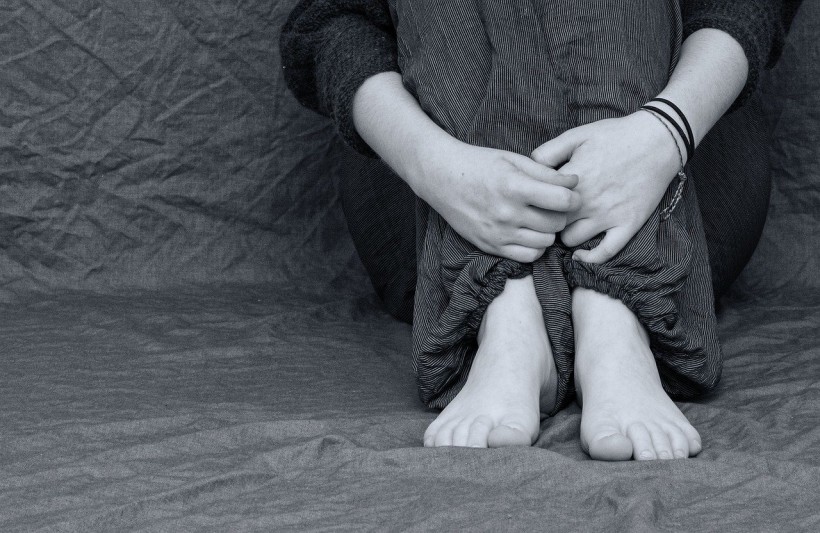A major study by American scientists reveals that COVID-19 survivors are at increased risk of having mental health problems, such as anxiety, depression, substance abuse, and sleep problems. It adds to the growing body of research that linked COVID-19 to health problems even after months of being cured.
Evidence is also increasing of COVID-19 damaging blood vessels that may explain the lingering symptoms, like brain fog and fatigue. The findings of the new study suggest that mental health disorders among COVID-19 survivors should be a priority.

40% of COVID-19 Survivors More Likely to Have Severe Mental Health Problems Within A Year After the Infection, Study Reveals
Mental Health Problems Linked to Long COVID
St. Louis University researchers studied 150,000 military veterans. Most were males in their 60s and have tested positive for COVID-19 up to January 2021, MailOnline reported. The participants were followed for a year to see whether they developed post-COVID-19 symptoms and were compared to 5.6 million veterans who were not infected by this date.
Researchers said that there were roughly 15 extra cases of depression for every 1,000 people or 40% of those in the COVID-19 survivors' group within one year. Meanwhile, around 46% reported suicidal thoughts in the same group, about two extra cases per 1,000 people. More so, they are likely to suffer sleeping problems, with 24 extra cases for every 1,000 people.
The group also found higher rates of alcohol and substance abuse among COVID-19 survivors, with four and two extra cases per 1,000 people, respectively. Researchers noted that this is only an observational study and does not emphasize a causal link between COVID-19 and mental health problems.
Nevertheless, the results of the study suggest that those who survived the acute phase of COVID-19 are more likely to suffer incident mental health disorders and that addressing these concerns should be a priority, according to EurkeAlert!
They also pointed out previous research showing long COVID, particularly on severe bouts that reduced blood pressure to the brain that led to damaged neurons.
ALSO READ: Long COVID Symptoms Recovery: How to Regain Sense of Smell and Taste After Loss
Survivors' Mental Health Post-COVID-19
According to MedPage Today, the study also found that COVID-19 survivors are more likely to develop new mental health disorders than those who suffered seasonal influenza.
On the other hand, an accompanying editorial noted that the associations between mental health disorders and COVID-19 might eventually fade despite the significant relationships seen in the study. Scott Weich from the University of Sheffield in England said that the absolute risk of experiencing mental health disorders decreased after the first month.
He wrote that mental healthcare has become more accessible to those with COVID-19 than those without the condition. In terms of mortality and restrictions, the worst of the COVID-19 pandemic might be behind the world now. But much of the studies now are concerned with the mental health effects left by the viral infection.
Weich suggested that mental health efforts should focus on effective interventions instead of focusing on "syndromal phenotypes" of mental health disorders.
The findings of the study titled "Risks of Mental Health Outcomes in People With COVID-19: Cohort Study" were published in the British Medical Journal (BMJ).
RELATED ARTICLE: How Does SARS-CoV-2 Attack the Body? Long COVID Also Affects the Brain, Heart, Other Vital Organs
Check out more news and information on COVID-19 in Science Times.
* This is a contributed article and this content does not necessarily represent the views of sciencetimes.com














